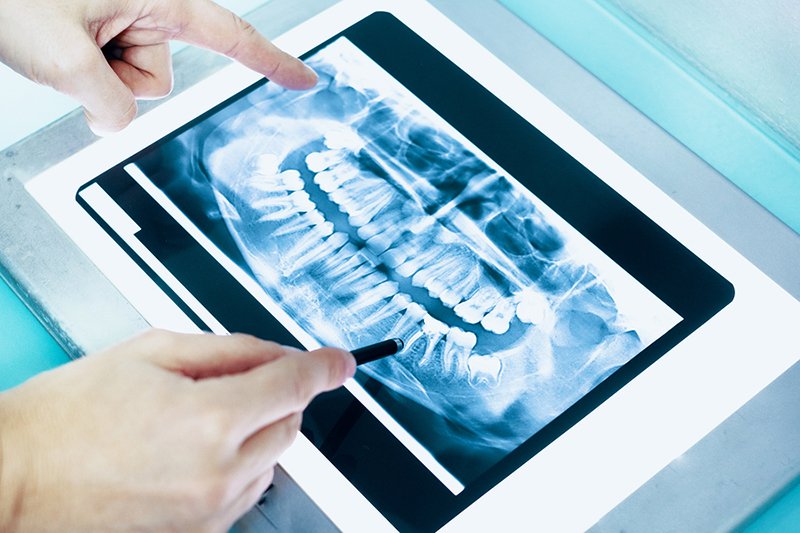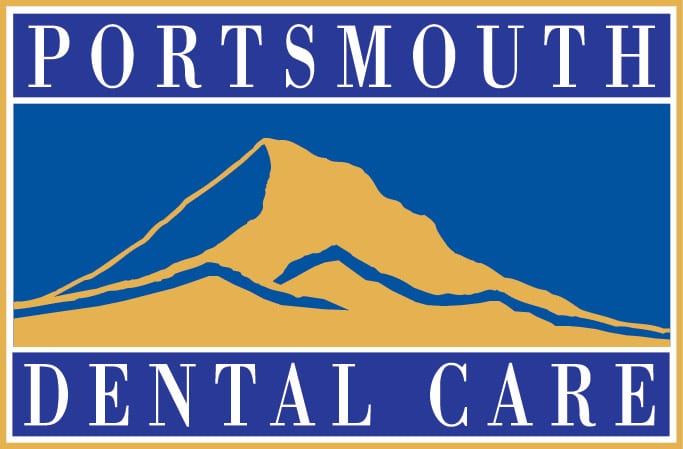
Many patients have expressed concerns about the amount of radiation exposure caused by dental x-rays. We want to set the record straight about this very important diagnostic tool and what it means for your health.
The first thing you should know is that dental x-rays expose you to less radiation than pretty much any other type of diagnostic x-ray. In fact, the typical “bite-wing” x-rays that we take on a regular basis as part of your preventive care routine cause less radiation exposure than other types or dental x-rays (such as panoramic x-rays). So the type of x-ray you have most frequently is very minor in terms of exposure.
What’s more, the amount of radiation that comes from a bite-wing x-ray imaging session is only a bit more than you are exposed to each day just by living on planet Earth. Our bodies are constantly exposed to solar radiation and elements in the earth itself (such as radon) that are slightly radioactive.
Radiation doses are measured in microsieverts. The average person gets about 0.8 microsieverts of exposure from natural sources each year. An intraoral x-ray is about 5.0 microsieverts, so the equivalent of about 6-days worth of natural radiation. This is also about the equivalent amount of radiation you receive by being on an airplane for about 2 hours.
The frequency with which we will take x-rays of your mouth, and the type of x-rays we take, depends on your individual oral health. Some patients have risk factors for certain conditions that mean they should be monitored more closely using more frequent x-rays. Please be assured that when we determine you need x-rays, this is a decision based on your oral health.
It is very, very unlikely that the small doses that come from dental x-rays would have any impact on your health. What could have an impact on your health is foregoing this important diagnostic process. Dental x-rays allow us to see things inside your mouth that are invisible to the naked eye and cannot be viewed any other way.
Appointments Before & After Work or School & on Saturdays & Sundays!
Request Online or Call Today!
Related Posts
Counterproductive Brushing Habits & Fixes
If you brush your teeth at least twice a day, you’re doing great. Regular brushing is the key to preventing tooth pain & expensive procedures.
Solutions for Slowing Sensitivity in Teeth
As our teeth are exposed to more & more foods that wear away enamel, our teeth can become sensitive to things like hot & cold food & drink.
Teaching Your Child Good Dental Habits
Good dental habits like brushing your teeth are important for your oral & overall health, but to kids, they can feel like a chore. Even though baby teeth will fall out eventually, it’s important to keep them healthy because they are guides & space holders for permanent teeth. Here are some tips for teaching your kids good dental hygiene habits to solidify their oral health for a lifetime.



